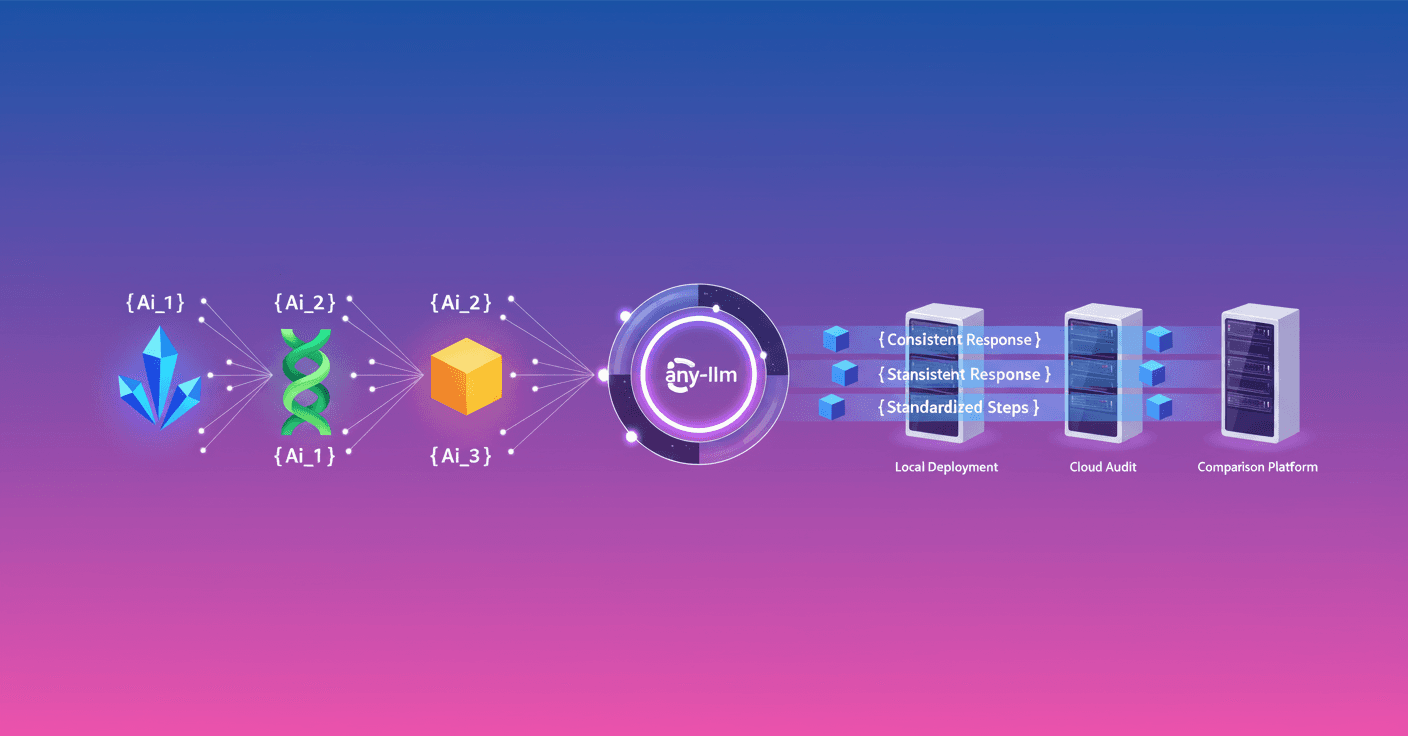Mozilla.ai published a post that takes a close look at how to standardize the "reasoning content" of GPT models and make it interoperable across different providers. Why should you care if you use models for products, research, or you're just curious about AI? Because the way models report how they think can now vary depending on who hosts them. (blog.mozilla.ai)
What's happening
OpenAI released gpt-oss, a reasoning model with open weights that allows you to see intermediate output — the reasoning content or "chain of thought." Mozilla.ai analyzed how this kind of output doesn't fit neatly into the traditional Completions API spec, which forces each provider to add extensions or adapt the interface. This analysis was published by Mozilla.ai on August 12, 2025. (blog.mozilla.ai)
The "reasoning models" generate intermediate steps in addition to the final answer. The real problem is that the widely adopted API specification doesn't account for that extra output block.
Why this matters today
Imagine you work on an app that compares responses between models to pick the best provider. If every service returns the reasoning under a different key, your job gets messier: more transformations, more chances for bugs, less transparency.
Mozilla.ai argues that interoperability is critical: without a standard you'll lose comparability and traceability when you want to evaluate how a model arrived at an answer, not just what it answered. (blog.mozilla.ai)
The practical proposal: any-llm
The technical answer Mozilla.ai reviews is any-llm, a library that unifies access to different providers and standardizes how reasoning content is captured. With any-llm you can receive consistent responses (and Pydantic-typed) from local and remote providers without rewriting your extraction logic. (blog.mozilla.ai)
A concrete example
Mozilla.ai showed an example running the same prompt against models hosted on Groq, Ollama and LM Studio to compare response and reasoning. The code demonstrates how any-llm normalizes output so that response.choices[0].message.reasoning consistently exists regardless of provider. That makes it easy to test quantized local models and remote models without major changes to your code. (blog.mozilla.ai)
from any_llm import completion
models = ["groq/openai/gpt-oss-20b", "ollama/gpt-oss:20b", "lmstudio/openai/gpt-oss-20b"]
prompt = "What's a good weekend vacation option in Europe that costs less than $1000 for two people?"
for model in models:
response = completion(model=model, messages=[{"role": "user", "content": prompt}])
print(response.choices[0].message.content)
print(response.choices[0].message.reasoning)
Practical consequences for developers and teams
-
Less friction to compare providers: you swap endpoints, not architecture.
-
Auditability and explainability: if you collect standardized reasoning, you can audit automated decisions more rigorously.
-
Lower integration cost: avoiding ad-hoc mappings reduces bugs and maintenance.
If you've tried quantized local models in Ollama or LM Studio and then want to move the same logic to a cloud provider, any-llm aims to make that jump simpler. (blog.mozilla.ai)
Limits and open questions
Standardizing doesn't solve everything. There are still questions about the privacy of reasoning traces, tracing changes between model versions, and how to represent long or multi-level reasoning without losing clarity. Also, "open-weight" doesn't mean every use is transparent or free; there are legal and technical nuances to consider. (blog.mozilla.ai)
Where to read more?
If you want to see the original post and the full example, Mozilla.ai has the technical note on their blog and the any-llm repository on GitHub to try it yourself. Read the original post on Mozilla.ai's blog. (blog.mozilla.ai)
Think of this like adopting a standard plug to power your team. Before, the "plug" only delivered the answer. Now we want that plug to also give us the recipe — step by step — of how the answer was cooked. Want to try it in your next project?
